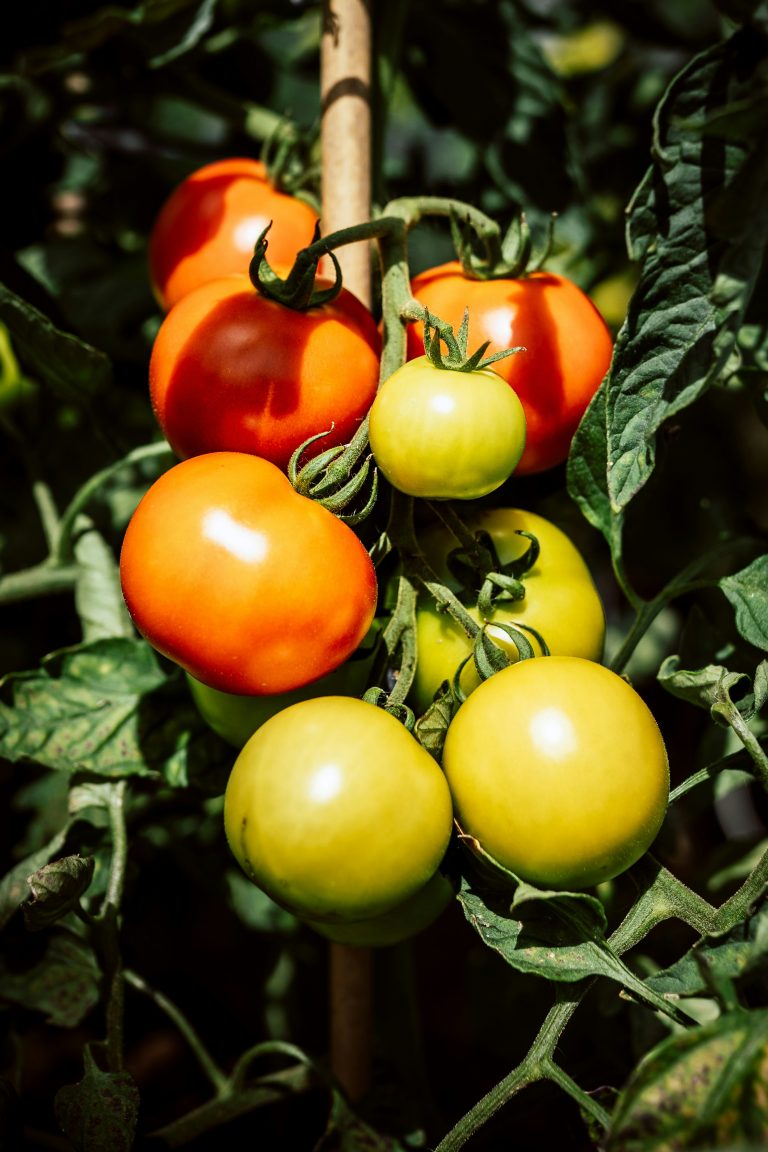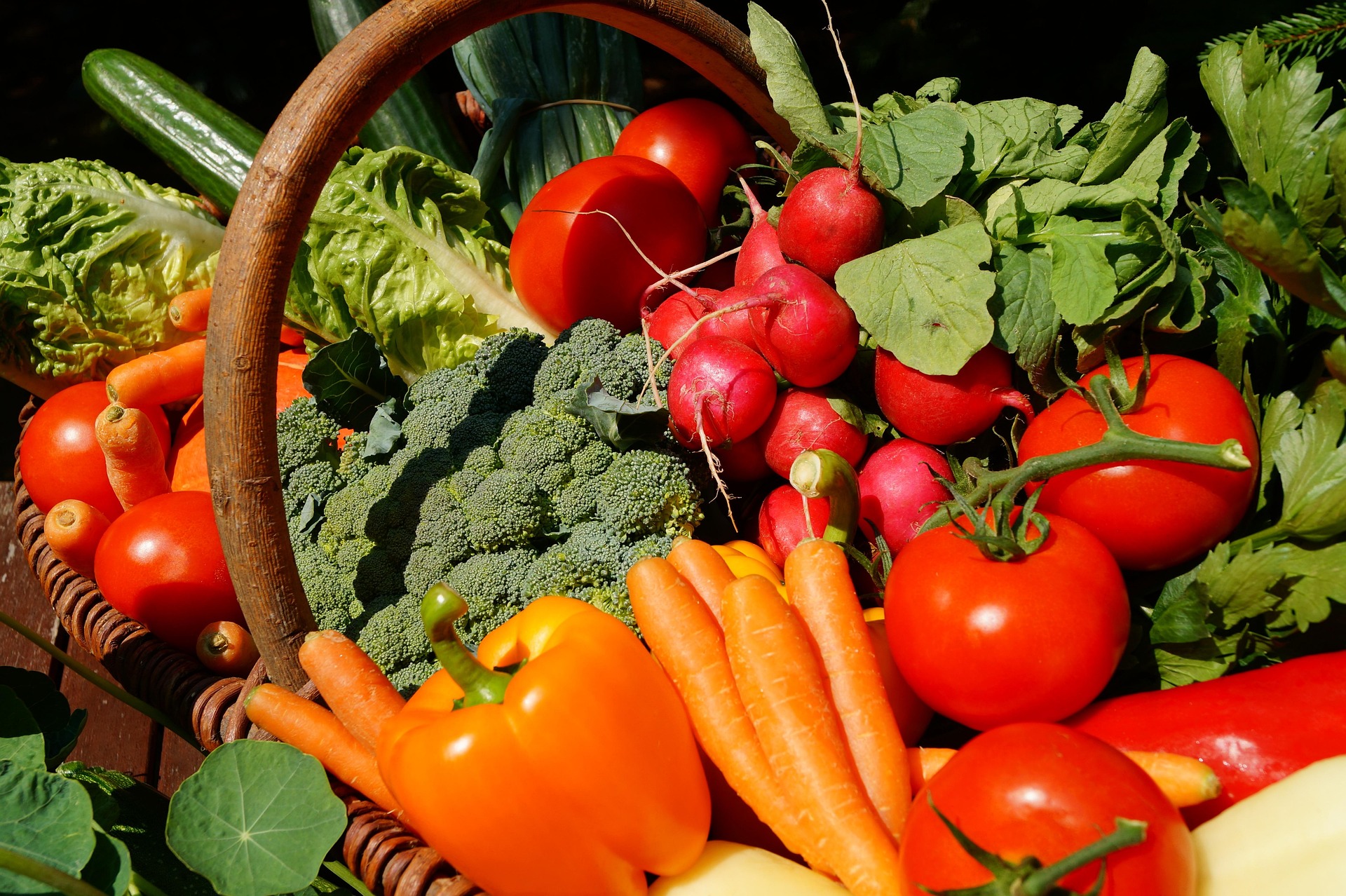
Project Overview
iCRA supported IFDC’s HortiNigeria Program by training and coaching eight coaches to form and facilitate 12 Agribusiness Clusters (ABCs) in selected Local Government Areas of Kano and Kaduna States in Nigeria. As part of this effort, iCRA delivered a comprehensive training package from June 2022 to March 2023, which included orientation workshops on ABC coaching methodology, Diagnosis & Design (D&D) facilitation, and Learning Cycle implementation. Consequently, these activities resulted in the establishment of 12 functioning ABCs focused on tomato, onion, and okra value chains. Moreover, over 150 participants actively engaged in the first learning cycle on “Building Business Relations and Inclusive Business Innovation,” laying a strong foundation for collaboration and growth.
Implementation and Methodology
iCRA applied its proven ABC (Agribusiness Cluster) approach, which creates local, commodity-specific networks of agribusinesses engaged in win-win commercial arrangements. The program followed a structured methodology starting with coach training, followed by cluster formation through D&D workshops, and culminating in action learning cycles for practical application. iCRA developed and delivered essential tools including coach selection criteria, ABC scoring systems, quick scan guides, D&D facilitator manuals, and standardized reporting formats. The methodology combined classroom training with field coaching sessions across eight locations in Kaduna and Kano States, ensuring coaches gained both theoretical knowledge and practical experience in facilitating sustainable agribusiness partnerships. Despite challenges such as literacy barriers among local coaches and geographical constraints for external coaches, the project successfully established the foundation for competitive and inclusive agribusiness clusters.
Key Achievements
The Embassy of the Kingdom of the Netherlands funded this impactful initiative in Nigeria. As a result, the project trained more than 56,000 smallholder farmers. Importantly, women comprised 28% of participants, while youth made up 74%. The training primarily focused on eco-efficient solutions and business management in Kaduna and Kano states. Notably, the project demonstrated impressive agricultural productivity gains of 92.6% across target crops, ultimately bringing more than 2,000 hectares under sustainable farming practices. Additionally, the project facilitated crucial business linkages and partnerships, piloted 18 innovations among 1,900 entrepreneurial farmers in Ogun and Oyo states, and improved access to financial services for horticultural actors, thereby creating a more resilient and interconnected agricultural sector.
Lasting Impact
While the formal project period has concluded, its impact continues through trained coaches, established clusters, and strengthened business relationships across the region. The HortiNigeria project demonstrates how structured agricultural initiatives can create lasting positive change. Through careful planning and adaptive implementation, it has established a model for sustainable agricultural development that can be replicated across Nigeria and beyond.
Location(s)
Timeline
2022 - 2023
Category
Agribusiness
Key theme(s)
Agribusiness cluster formation, partnership building&facilitat


